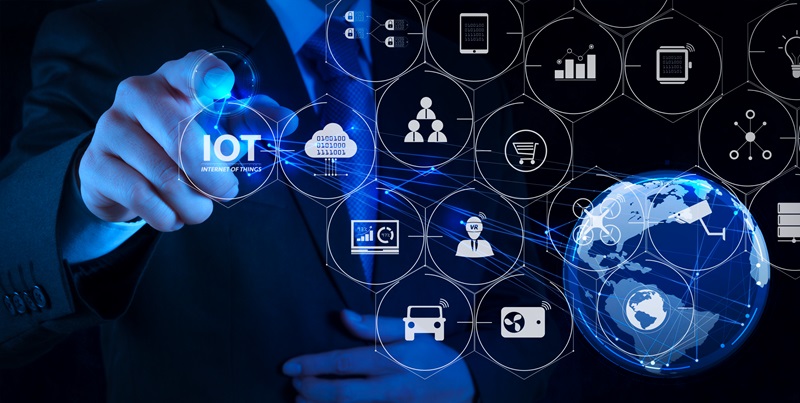The Internet of Things (IoT) is transforming how UK businesses operate, grow, and protect themselves. As we move towards 2024, several IoT trends are creating a new ecosystem of technological innovation intertwined with regulatory compliance. These trends, ranging from legislative compliance and advanced connectivity to the fusion of AI with IoT and innovative memory technologies, are not only redefining the capabilities of connected devices but also the strategic outlook of businesses across the UK. Grasping the implications of these advancements and aligning with them is not merely an option but a necessity for companies looking to stay at the industry’s forefront.
Navigating Through Legislative Compliance
The introduction of the Product Security and Telecommunications Infrastructure (PSTI) Act is a game-changer for IoT security in the UK. By April 2024, businesses involved in the manufacture, import, or distribution of IoT devices will have to comply with regulations that emphasize device resilience against cyber-attacks. This includes setting unique passwords, being transparent about the device’s security support duration, and establishing clear channels for reporting vulnerabilities. These requirements aim to elevate the UK to the forefront of IoT security globally.
However, the journey towards comprehensive security compliance is not without its challenges. Interestingly, the legislation arrives at a time when studies reveal a considerable gap between regulatory standards and industry practices. Many IoT device vendors are still lacking robust vulnerability disclosure policies, which places an imperative on UK businesses to amp up their cybersecurity game. Bridging this gap will not only ensure compliance with the law but also fortify their brand reputation and customer trust in this digital age.
Embracing the NB-IoT Wave
Narrowband IoT (NB-IoT) technology is on the cusp of revolutionizing IoT connectivity in the UK, presenting businesses with a potent tool for innovation and sustainability. It offers a powerful way to manage city infrastructure and assets while fostering eco-friendly practices. For instance, sectors such as agriculture have seen substantial reductions in resource consumption due to precisely managed IoT systems.
British enterprises are now challenged to adopt and integrate NB-IoT into their workflow. The imperative lies not just in adopting newer technologies for the sake of advancement but in recognizing and seizing the opportunity for increased economic efficiency and environmental stewardship. As the urban landscape grows denser with IoT devices, businesses that can master NB-IoT technology will carve out a competitive advantage in the realm of smart and sustainable resource management.
The AI-IoT Integration Frontier
Artificial Intelligence (AI) is set to take the capabilities of IoT systems to unprecedented levels. Innovations such as Qualcomm’s RB3 Platform highlight this shift, improving the speed and efficiency of data processing. The massive data volumes generated by IoT devices present a dual opportunity: they are directly utilizable for improving operations and can be harnessed to train AI models for even more sophisticated applications.
For UK businesses, the imperative is clear: adopt AI-enhanced IoT systems to gain operational efficiencies and a strategic edge. Whether through predictive maintenance that prevents downtime or energy optimization that cuts costs and supports sustainability, AI-IoT integration is a frontier that no forward-thinking company can afford to ignore. The real value lies in converting vast IoT data into actionable insights, enabling smarter, faster business decisions.
Innovative Memory Technologies for IoT
The IoT sector in the UK is driving a transformative shift in business operations, expansion, and security as we approach 2024. A handful of key trends are shaping a novel technological landscape that is deeply integrated with regulatory mandates. These include adherence to new laws, breakthroughs in connectivity, the integration of AI with IoT, and cutting-edge memory solution advancements. These trends are not just reinventing what connected devices can do but are also drastically altering the strategic approaches of UK companies. Understanding and adapting to these technological progresses is critical for businesses that aim to maintain their competitive edge in the rapidly evolving market. By doing so, they ensure that they are not only compliant with the latest regulations but also poised to leverage the full potential of IoT innovations.

